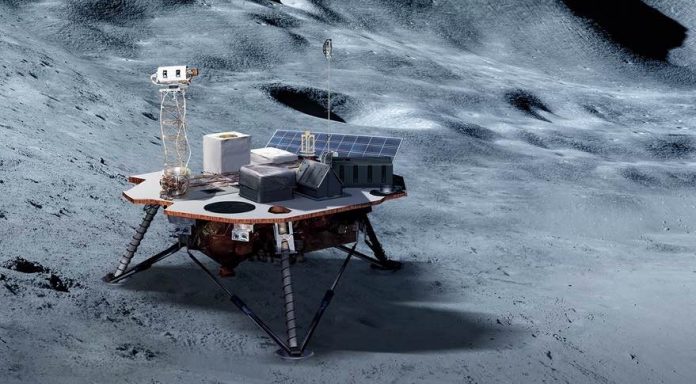NASA is offering to buy lunar samples collected by companies for a token sum primarily to set a precedent for space resource rights on the moon.
NASA seeks companies to develop robots that can do the mining on the moon as the contract does not specify whether this will involve getting on the moon, a feat which is rarely achieved. Also, the competition is open for companies across the world.
“NASA is buying lunar soil from a commercial provider! It’s time to establish the regulatory certainty to extract and trade space resources,” NASA Administrator Jim Bridenstine wrote in a tweet.
According to the requirements outlined by NASA, the companies will collect a small amount of Moon “dirt” or rocks and have to provide the imagery to the US Space agency as well including the location. The resources collected will be the sole property of NASA after the ownership transfer.
“Today, we’re taking a critical step forward by releasing a solicitation for commercial companies to provide proposals for the collection of space resources. When considering such proposals, we will require that all actions be taken in a transparent fashion, in full compliance with the Registration Convention, Article II and other provisions of the Outer Space Treaty, and all of our other international obligations. We are putting our policies into practice to fuel a new era of exploration and discovery that will benefit all of humanity.” Bridenstine wrote in the blog post.
NASA aims to complete the process of mining and transferring of the ownership of lunar materials before 2024, the year when they aim to put first woman or next man on Moon. This competition may include one or more awards as well. The payment of the lunar regolith (the layer of unconsolidated solid material covering the bedrock of a planet/moon or a celestial body) will be made in three parts. The 10 per cent will be paid at the award, 10 per cent when its launched and the rest of 80 per cent upon mission’s success.















